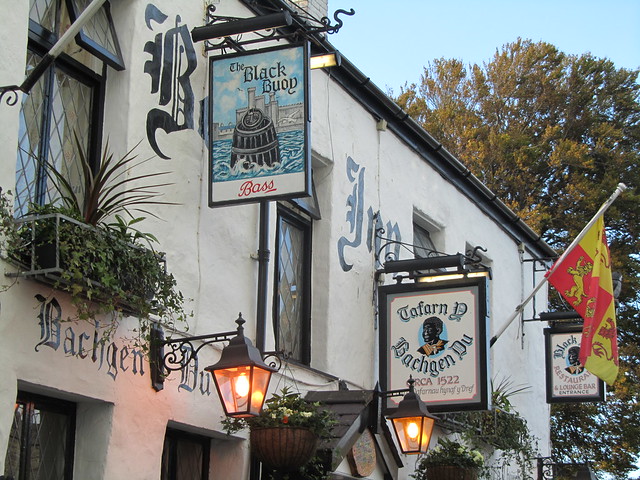 |
| Black B(u)oy Inn, Caernarfon |
Then again there is the tale of Jack Black, as told on the Inn's website. Jack Black was a young man of colour who was taken prisoner in Africa in the 1750s and brought to London.* He was then moved on to Ystumllyn, a mansion house in Porthmadog, where he was employed as a gardener. He was a handsome man, and popular with the ladies, and eventually ran away to marry a girl in Criccieth, whereupon he lost his employment at Ystumllyn. However, he and his wife found positions in Dolgellau, among other places. John became a celebrity across North Wales, on account of his colour, and therefore it is possible that the Inn was named in his honour. He died of jaundice in 1786 at the believed age of 46. (For more on Jack Black click here)
The Black Boy Inn name does not date back as far as the building. The pub is believed to date from 1522 and is one of the oldest inns in North Wales, and the street it stands in is recorded as 'Black Boy Street' (in Welsh!) on documents from the 1794 census. Although the street was also known as Stryd Pedwar a Chwech, which literally translates as 'street four and six' - 4/6 (four shillings and sixpence) being the price of a good room and a whore!
There are lots of other Black Boy inns and pubs around the UK, all dating from less politically correct times. For example: Heage in Derbyshire, Winchester in Hampshire, Hull in East Yorkshire, Banbury in Oxfordshire, Knowle in Warwickshire, Shinfield in Berkshire, Hungarton in Leicestershire, the list is really very long. Most claim to commemorate Charles II, even if their inn signs show a very different (and less polite) version of the name.
(Retford. Photo from Geograph)
(Hull. Photo from Hull and Hereabouts blog)
(Bushey, Herts. Pubsandbeer.co.uk)
But I do like this one from Bury St Edmunds:
(Another Geograph photo)
* Slavery wasn't abolished in the UK until 1833.
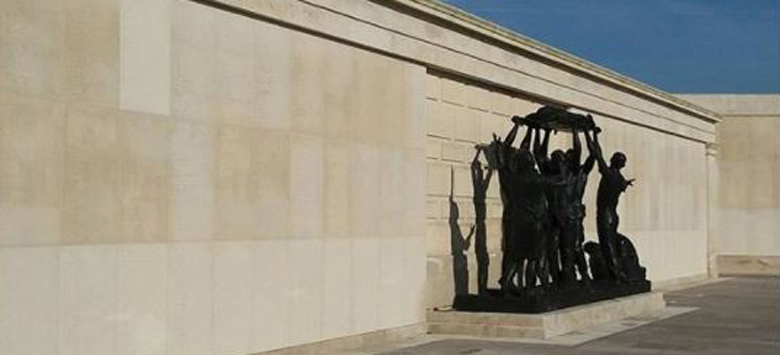

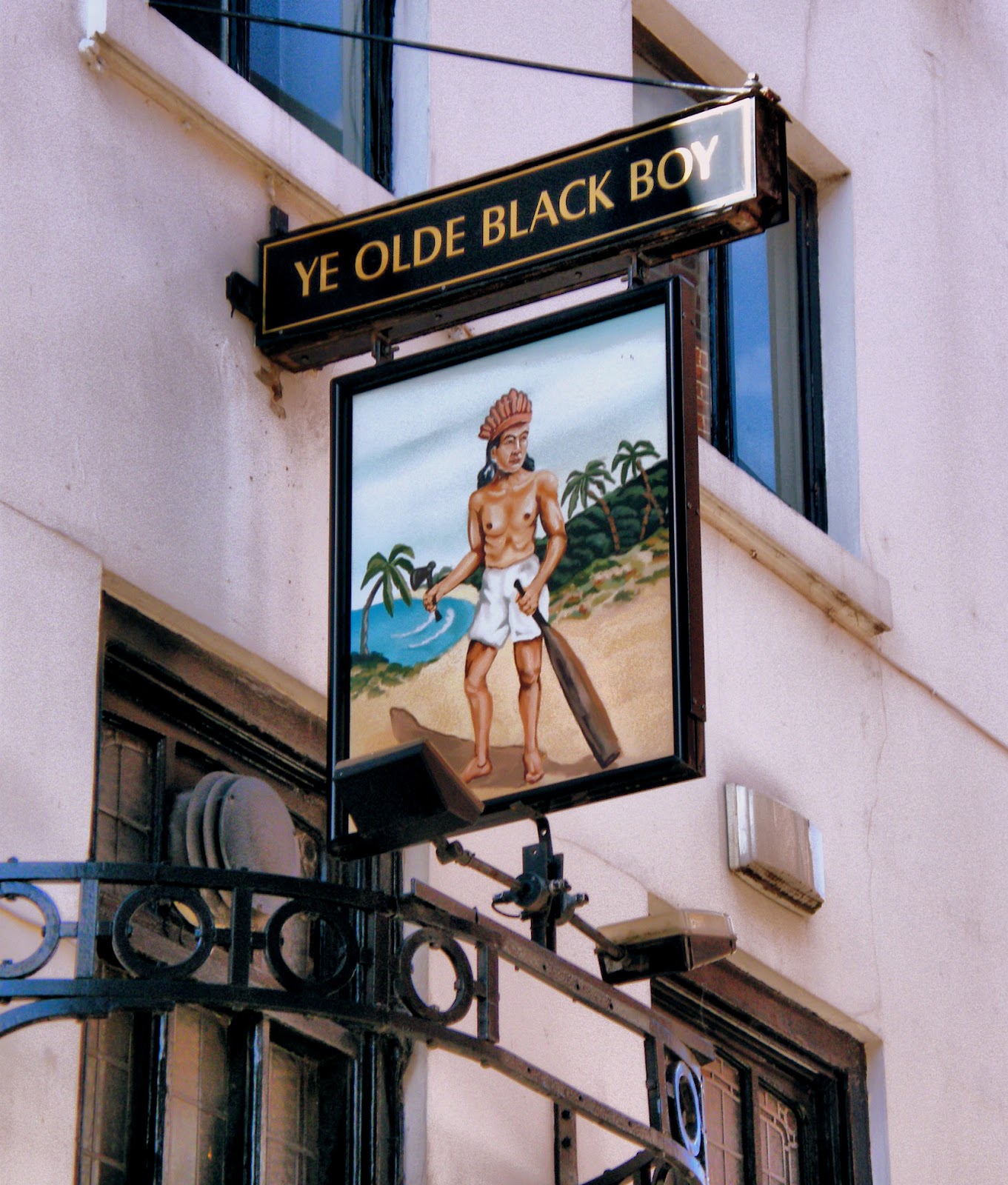
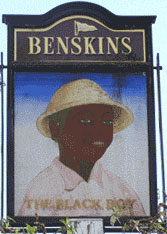
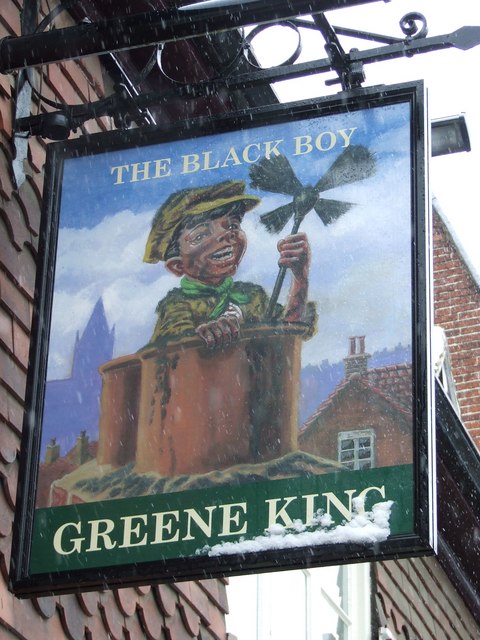
Hmm...not sure how I feel about this. I believe that historic things should be left, as is, but with an awareness of how things are viewed differently during our modern times. I can see why this might be offensive to some, however, it's accurate and a true depiction of earlier times.
ReplyDeleteOur guide at Moseley Old Hall when we visited on Monday mentioned the fact the the name of these pubs or inns came from the time of Charles II and that he had referred to himself as a 'black boy' because he had very dark hair and sallow skin in contrast to his siblings:)
ReplyDelete